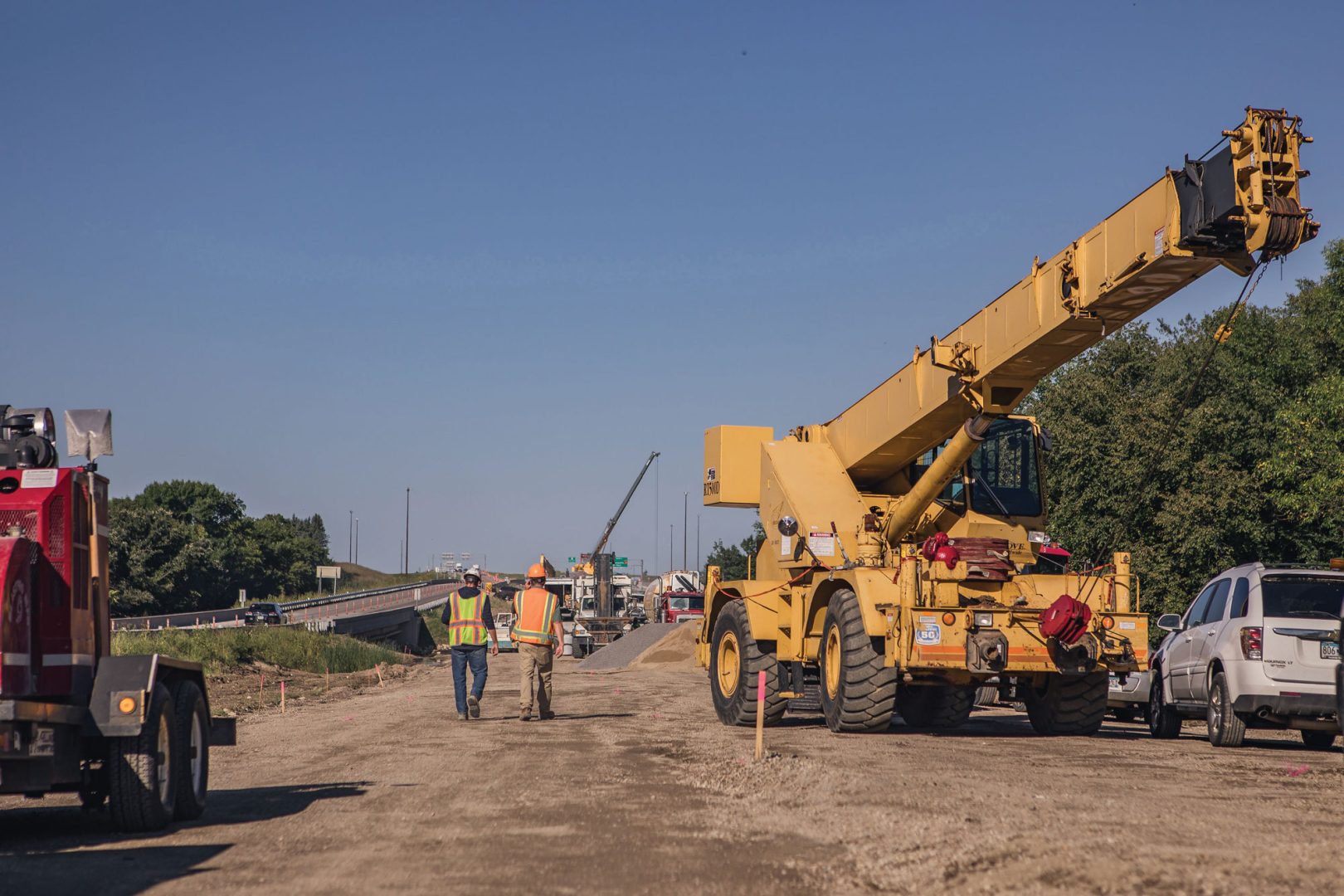Insights
Supply Chain Woes and Construction Projects: Thinking Creatively to Overcome Barriers & Adjust

By Michael Rief, Sr Vice President of Construction, WSB
The supply chain is tightly integrated, and when one part of the supply chain faces issues, it can have a domino effect. For those working in construction, supply chain problems have caused project delays, a long wait for and lack of key materials, and frustration over the past year. Unfortunately, it shows no signs of improving in 2022.
With a shortage of labor, shipping delays, and trouble getting materials, we should prepare for our recovery to take longer than many people anticipated. As our industry continues to tackle supply chain problems, there are things construction teams can do to anticipate, innovate, and adapt to the current situation.
Be Flexible Where You Can
Flexibility is key to adapting to supply chain uncertainties. While many contracts require specific materials, if clients and contractors can build some flexibility into the contract to use alternative materials, it’s more likely that a project will be completed on time or without significant delays.
For example, some of WSB’s transportation contracts require a certain kind of seed mix, but those seed mixes may not be available for many months or at all into the foreseeable future. Allowing a substitution that is available and still meets the needs of the project allows us to finish the job sooner and more efficiently.
Consider Buying Hard to Procure Items Sooner
This applies to both construction teams and clients.
If municipalities are planning a project where they know they will need to procure certain items that may be hard to come by, doing so early and paying to store it may be more efficient in the long run and ensure your project won’t face unnecessary delays. Similarly, some contractors are procuring high-risk items and pre-purchasing material for clients, working in storage cost to help prevent delays.
Additionally, as more contractors buy materials in advance, they sometimes find they need to move materials around to different projects that face more critical needs or that have tighter timelines. Being flexible when possible can benefit both contractors and clients.
Manage Risk
With every project, it’s important to manage risk. If cities or contractors purchase hard to procure materials in advance or in bulk, and then find the value goes down in a year, they could be stuck paying to store a material that is worth less than what they paid for it. Each will have to make decisions that work best for their needs and anticipated projects.
Furthermore, building risk management into contracts can be helpful. Whether it’s procurement of materials or more flexibility on timing of projects, thoughtful contract terms can help both cities and contractors, mitigating some risk.
A great example of mitigated risk in many current construction contracts is a provision for fuel cost escalation. If the cost of fuel goes up significantly after a contract is signed, a client may pay more to cover fuel costs. Similarly, if it goes down significantly after a contract is signed, a client may recoup some of those savings. Thinking about how contracts can offer more flexibility in ways that adjust to supply chain and labor issues is something that could offer substantial benefit to all parties.
Since supply chain issues, labor shortages, shipping slowdowns, and numerous other factors are expected to continue creating challenges for the construction industry over the next year, innovation, flexibility, and adaptability can help keep projects moving forward for clients and contractors.

Mike has nearly 30 years of experience in civil engineering, with an emphasis on pavements and materials, pavement management, quality management, project management, design, risk assessment, project controls, contract administration, construction, preventive maintenance, planning, education, and technical team supervision. Mike has managed several complex, high-profile projects throughout Minnesota.
[email protected] | 612.518.829



